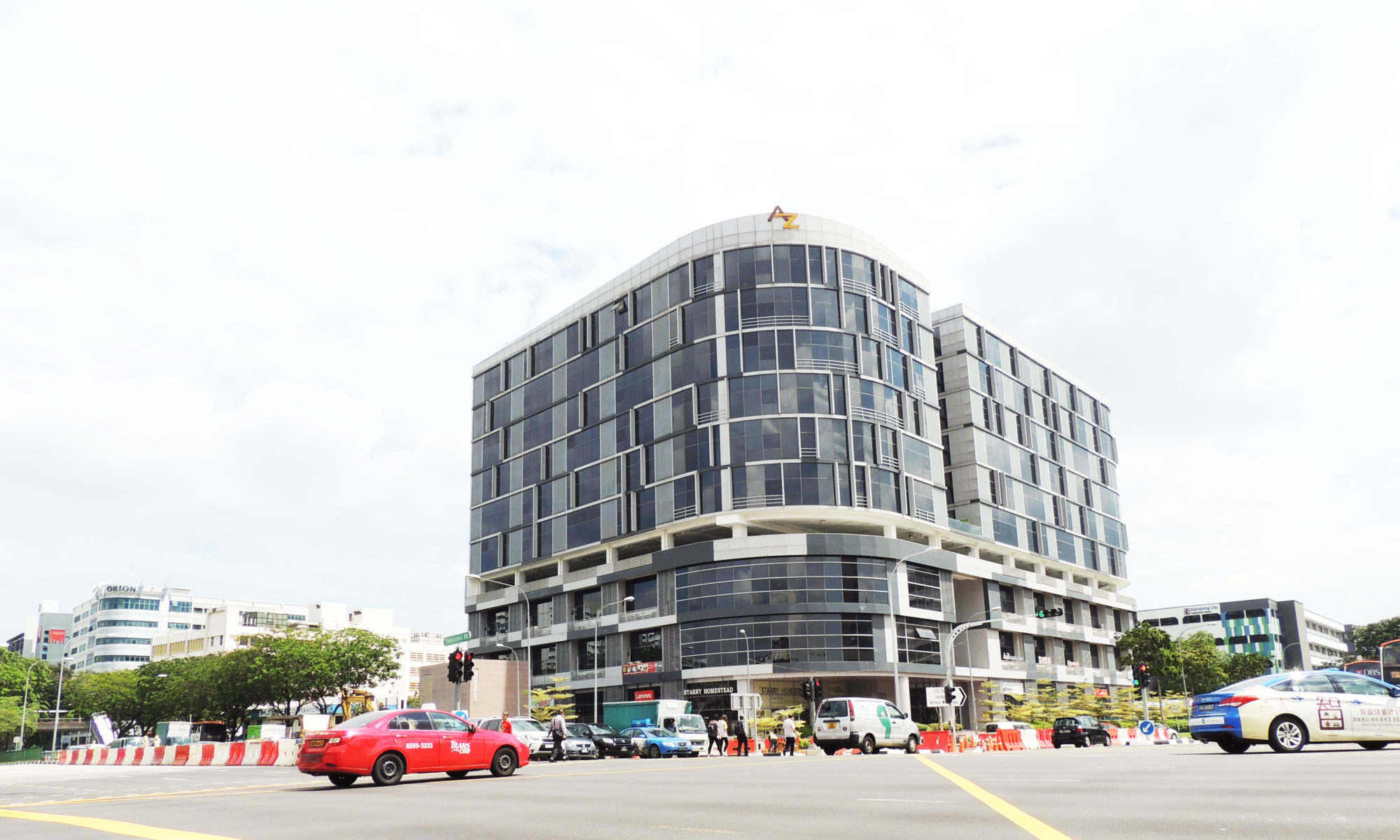Amendment to disqualification of directors
The Companies (Amendment) Bill 2014 was passed by Parliament in October 2014.
One of the amendment is pertains to the disqualification of directors.
Reasons for disqualification
Reasons which will disqualify a individual from being a director includes the following:
- Section 148 of the Companies Act: Bankruptcy
- Section 149 and Section 154(2) of the Companies Act: By an Order of the Court
- Section 149A of the Companies Act: Company being wound up for reasons of national security or interest
- Section 154(1) of the Companies Act: Convicted of an offence involving fraud or dishonesty that is punishable with an imprisonment term for 3 months or more
- Section 155 of the Companies Act:
- Has been convicted for 3 or more filing related offences under the Companies Act within a period of 5 years or
- Has 3 or more High Court Orders made against him compelling compliance with the relevant requirements of the Act, within a period of 5 years
- Has 3 or more of his companies struck off the register by ACRA under section 344 within a period of 5 years. The 5 year period will commence from after the date on which the third company is struck off.
Disqualification period
The disqualification period depends on whether the director has been sentenced to imprisonment.
Sentenced with imprisonment
If the director is imprisoned, his disqualification will begin when he is convicted, and will continue for another five years or shorter as ordered if disqualified by the Courts after he is released from prison.
Sentenced without imprisonment
If the director was not sentenced to imprisonment, he will be disqualified for 5 years or shorter as ordered if disqualified by the court, from the date of his conviction.
What happens after disqualification
An news article about an director being disqualified under Section 155 of the Companies Act:
https://www.straitstimes.com/singapore/acra-to-name-disqualified-directors-in-public-register
